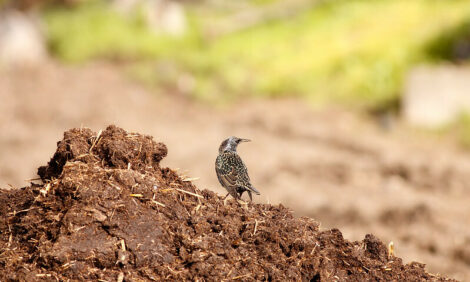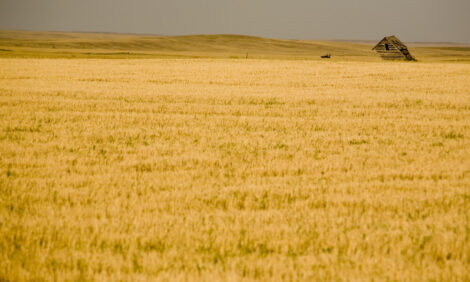



Chicken Price to Rise in South Africa as Import Tariffs Increased
SOUTH AFRICA - Poultry tariffs to protect the local industry against import dumping have come into effect, meaning consumers will see price increases in their meat.Mail&Guardian reports that the new tariff regime for the poultry sector entered into force on Monday (30 September) and will see duties on five products increase, and one product even taxed up to the maximum of 82 per cent.
Speaking at a press briefing in Pretoria, Minister of Trade and Industry Rob Davies said the new tariffs take into account whether the product is consumed by poor or wealthy households, how much it accounts for in imports and to what degree the domestic industry is at a price disadvantage.
Those poultry products consumed by wealthier households will face larger tariff increases than those consumer by poorer households.
The tariffs for whole birds have been increased from 27 per cent to 82 per cent – the maximum allowed by the World Trade Organisation (WTO). Whole birds are relatively expensive and consumed by higher income households. They also represent less than 1 per cent of poultry imports over the past 12 months.
"Your roast chicken... you can all pay a little bit more and help to support job creation in South Africa... that’s the decision we have taken," Mr Davies said.
Boneless cuts are also popular with this higher income market segment and represent 11 per cent of poultry imports over the past year. This tariff has increased from 5 per cent to 12 per cent.
For poor households carcasses (2 per cent of imports over the past 12 months), offal (5 per cent) and bone-in (54 per cent) products remain an important source of protein.
The tariff on carcasses has increased from 27 per cent to 31 per cent and for offal it has jumped from 27 per cent to 30 per cent.
"Taking into account that bone-in portions constitutes about 70 per cent of domestic production and that the domestic industry is at a significant price disadvantage in relation to the imported product, the import tariff will be changed from a specific duty of 220 cents per kilogram to an ad valorem duty of 37 per cent," Mr Davies said.
Mr Davies said the new tariffs applied to five poultry products is not directed at any particular country. The tariffs will affect all imports from other countries trading with the Southern African Customs Union (Sacu), except those from the European Union that have an advantage through a trade and co-ooperation agreement.
Mr Davies said the tariff decision was prompted by a drop in the production of poultry products in the whole of Sacu between 2010 2012, while imports increased by 61-million kilograms.
"One way or another there are 100 000 jobs at stake, the industry is bleeding," Mr Davies said.
Provisional anti-dumping duties against certain companies in Brazil did not serve to cut imports and a full tariff was decided as the best route to take.
"Some of our trading partners won’t like it, I know some of them won’t like it. [But] we operated clearly and squarely within the rules," Mr Davies said.
He said the use of the policy space provided by the WTO could not be considered to be protectionist.
Mr Davies said an early review of the new tariffs is recommended for the new administration to gauge the effect of the move.
"We will be very unhappy if we see uncompetitive practices between big and small poultry farmers," he said.








